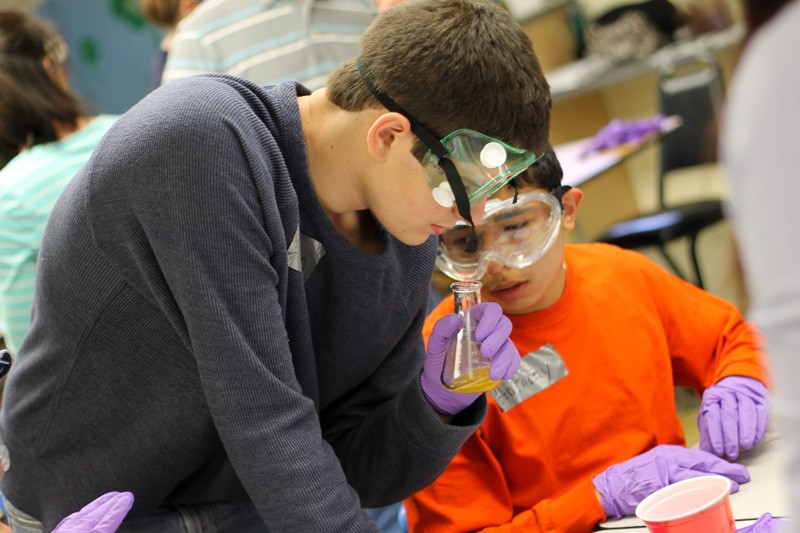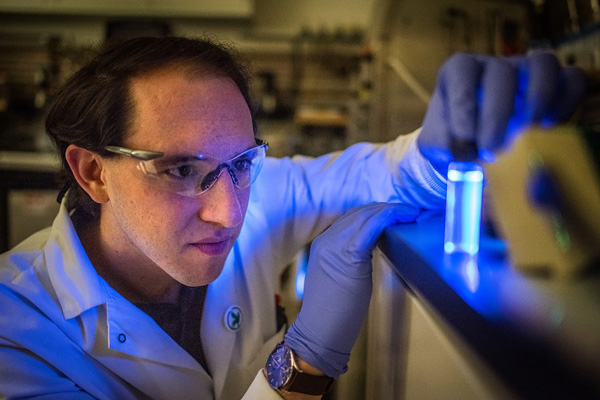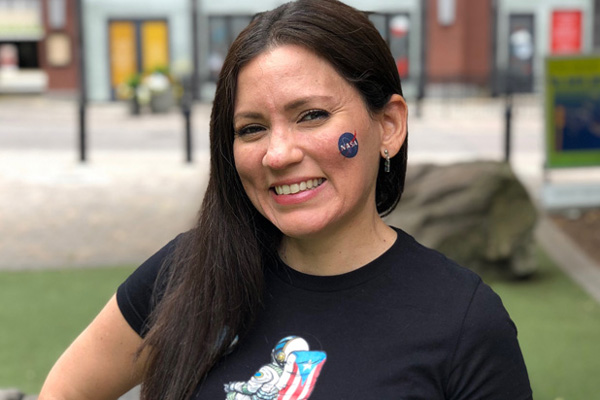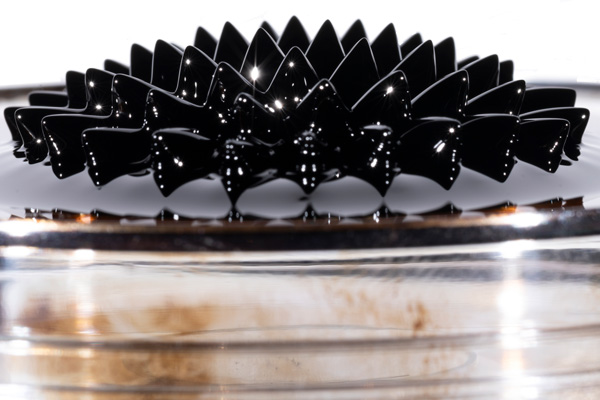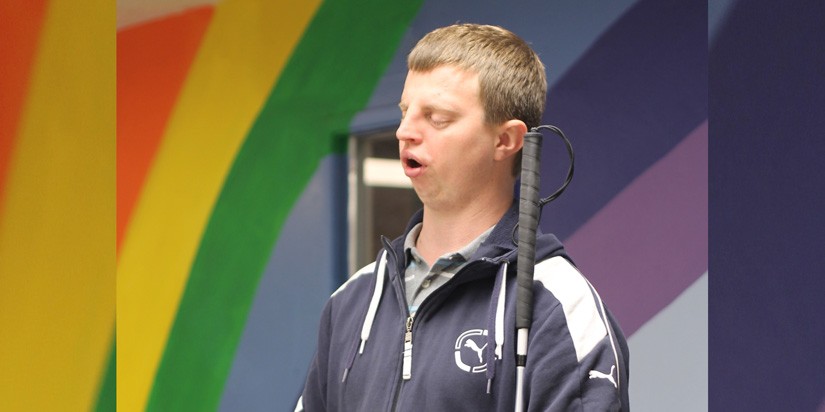
Hoby Wedler
B.S.: Chemistry, University of California, Davis
Ph.D.: Organic Chemistry, University of California, Davis
WHAT HE DOES NOW: Sensory Innovation Director, Senspoint
Downloads: Download Article (PDF)
Hoby Wedler is a Ph.D. chemist, food and beverage expert, innovator, and business owner. Wedler has also been blind since birth.
In Petaluma, California, where Wedler went to high school, a teacher once told him that his blindness would make it exceedingly difficult for him to study lab chemistry. But Wedler has frequently chosen not to take the easy route. Undeterred, Wedler took high school chemistry, then went on to earn college degrees in history and chemistry.
After college, Wedler wanted to empower other blind or visually impaired students who wanted to study science. He founded Accessible Science, a nonprofit organization that hosted chemistry summer camps to support the students. He also met with members of the U.S. Congress to lobby for more audio-recorded books. President Barack Obama recognized Wedler’s efforts, and he was named a Champion of Change by the White House.
Wedler went on to earn his Ph.D. in computational organic chemistry, which relies heavily on visual clues to understand complex organic connections. To help him accomplish this, he used 3D printers to create molecular models that he could “see” with his hands instead of his eyes.
Then, building on his chemistry education and problem-solving skills that he developed along the way, Wedler and two colleagues founded Senspoint, a brand-development agency that offers “experience design.” They enable clients to optimize their products’ appeal in new ways. Most brand advertising focuses on only the senses of sight and sound. But research suggests that marketing can be more effective if additional senses are influenced.
Among others, Senspoint has worked with the Solomon R. Guggenheim Museum to make the art in the museum more accessible and a technology company to help it select an optimal glass texture for its smartphones.
What did you like about chemistry in high school?
I learned early on that nobody can see atoms and molecules, and that came naturally to me. We visualize atoms as they connect to form molecules, and that is precisely how I visualize streets, buildings, parks, and bus stops in cities when I navigate them as a blind traveler.
What advice do you have for students with a disability when seeking accommodations?
Many students with disabilities seeking accommodations at their high school or college tend to do so forcefully. My advice is to do it instead with Zen and pizzazz. A calm, almost meditative way of bringing people together is more effective.
How did you come up with the concept of five-sense branding?
It just came to me over time as I noticed what our clients wanted. They wanted something new, fresh, and innovative.
How does chemistry fit into your job today?
Well, 75% of our emotions are generated by what we smell, and humans are able to distinguish more than 10,000 different smells. These odors are caused by specific molecules, often volatile organics like esters. Studies have demonstrated that pairing odors with products can increase sales.
What senses other than smell can be used in sensory branding?
Companies spend a lot of money researching how their product packaging sounds when opened—think Snapple and Pringles—or when things like doors on automobiles are closed.
What do you like most about your job?
Definitely helping people. And every day, there are new challenges. Studying chemistry gave me the skills to solve complex problems and help people realize that their goals are within their reach.
